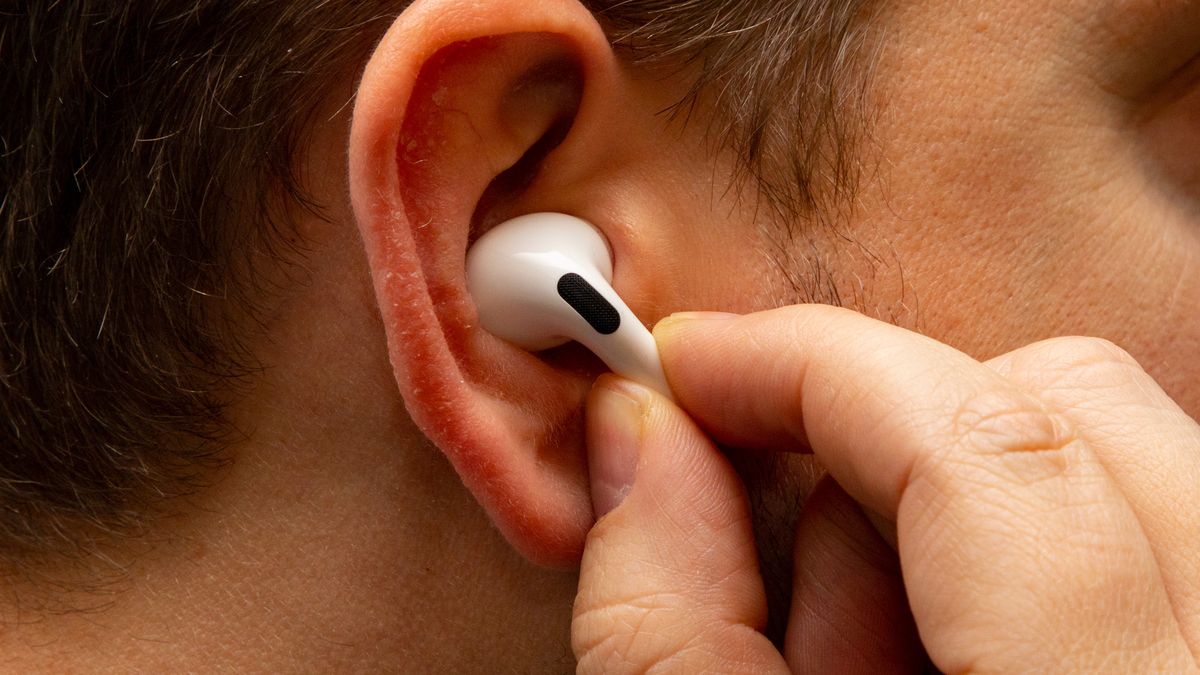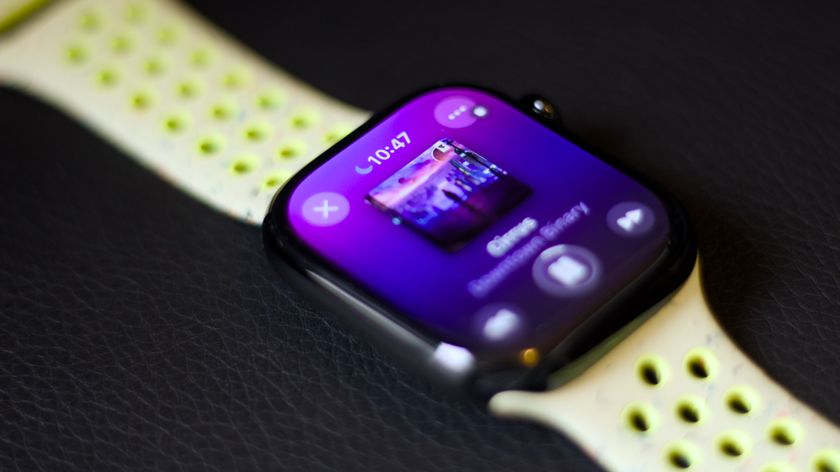
Apple has announced that it will extend Spatial Audio support to tvOS and MacOS for AirPods Max and AirPods Pro owners at its WWDC 2021 keynote event.
When connected to your devices, Spatial Audio will make music, shows, and movies sound more immersive, and will use dynamic head tracking to give any audio playing through your Apple headphones specific directional cues.
In terms of supported apps, Apple previously announced that Apple Music and Apple TV would support Spatial Audio, as would Disney Plus, HBO Max, Hulu, Peacock, Discovery Plus, Paramount Plus and Tidal – though, it didn't give any specific timings as to how soon Spatial Audio would be available on each of them.
Leading up to the keynote, Apple announced that Spatial Audio would be available for iOS, and now it’s extending the feature to devices like the new Apple TV 4K (2021) and Macbook Pro that were previously lacking the feature.
Giving Spatial Audio more room to breathe
Extending Spatial Audio support to new platforms is a smart move – especially considering that the MacBook and Apple TV 4K are among the company's highest-end products in their respective categories.
In its defense, however, the Apple TV 4K already supported Dolby Atmos passthrough, which in itself is a popular form of spatial audio.
Why is this update important then? Well, once the update hits you'll be able to throw on a pair of AirPods Pro or AirPods Max for late-night TV watching and still hear the Spatial Audio track without using external speakers. If you have early sleepers in the house, they'll certainly thank you for it.
Get daily insight, inspiration and deals in your inbox
Sign up for breaking news, reviews, opinion, top tech deals, and more.
We'll keep an eye out for a specific release date for the feature, but potentially expect it when iOS 15 rolls out later this year.
Nick Pino is Managing Editor, TV and AV for TechRadar's sister site, Tom's Guide. Previously, he was the Senior Editor of Home Entertainment at TechRadar, covering TVs, headphones, speakers, video games, VR and streaming devices. He's also written for GamesRadar+, Official Xbox Magazine, PC Gamer and other outlets over the last decade, and he has a degree in computer science he's not using if anyone wants it.












